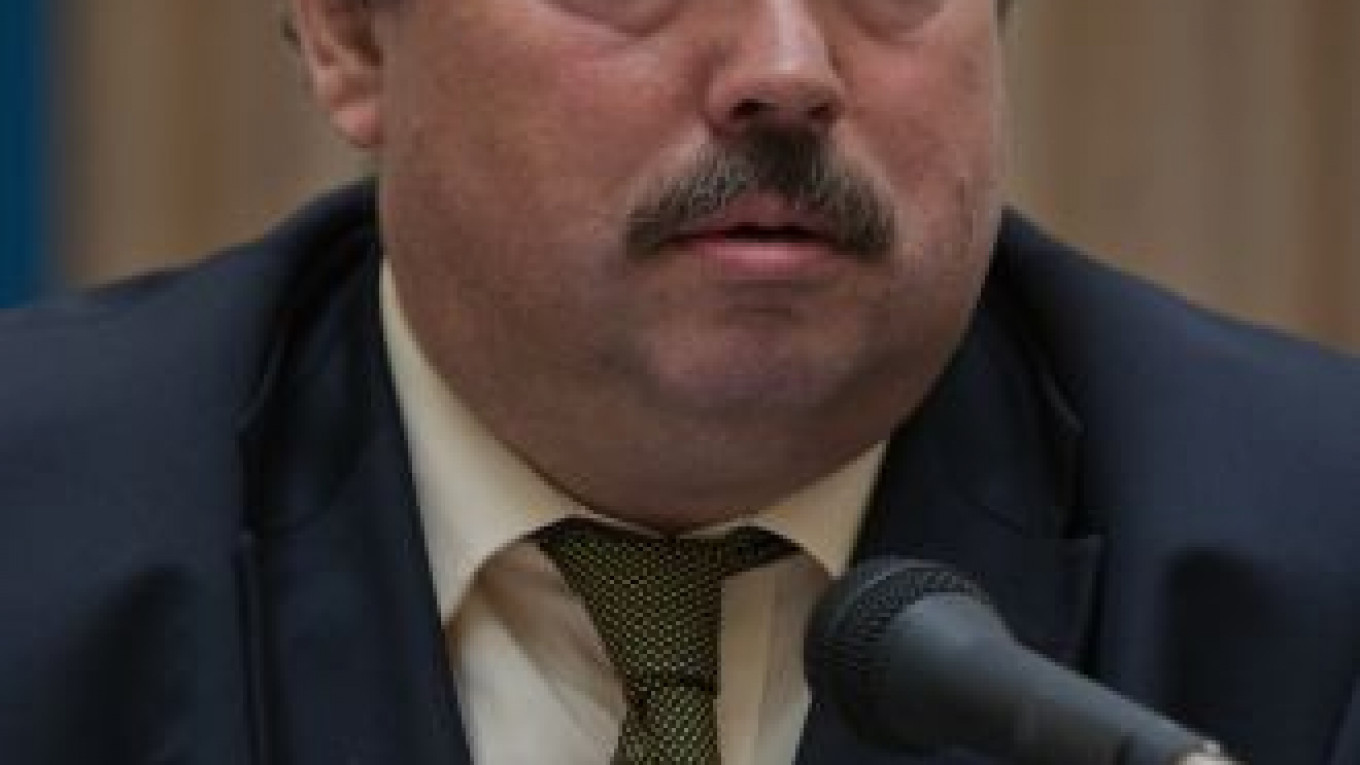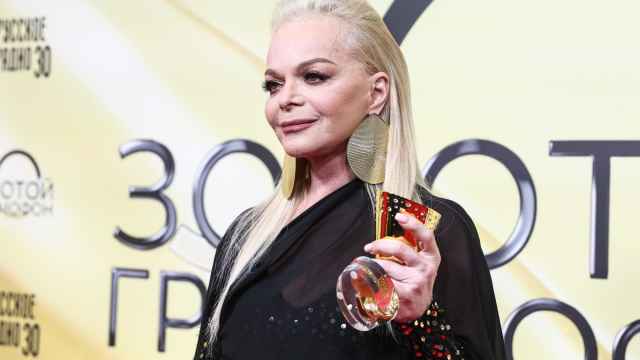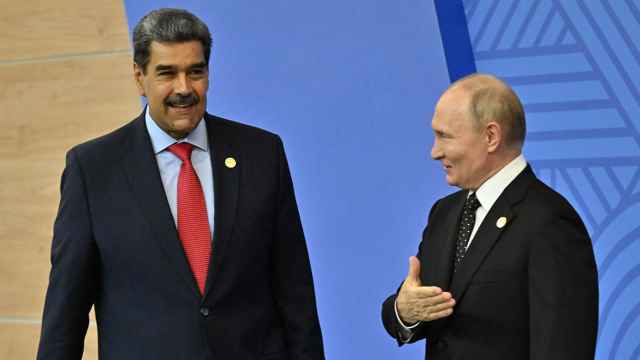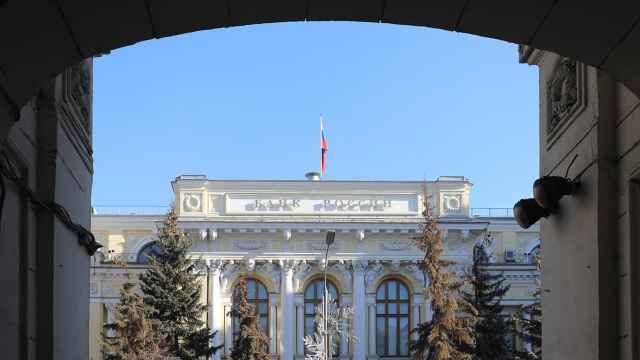Russia, on the brink of joining the World Trade Organization, is considering challenging EU energy rules that would limit gas export monopoly Gazprom's control over its European pipeline assets, a government source said Wednesday.
WTO ministers are expected to invite Russia to join the global trade rules body in December after 18 years of talks, but even before receiving their assent, a first row looks to be brewing.
Russia has expressed anger over European Union regulations, known as the third energy package, that seek to liberalize the European gas market by barring suppliers from controlling the transport infrastructure used to deliver their gas.
"We believe that this package violates our bilateral agreements with the EU," said the official, who spoke on condition of anonymity. "We are now analyzing whether WTO instruments can be used to protect our interests."
"Politically for us the third energy package is a very unpleasant issue," the source said.
Gazprom's dependence on Europe, which accounted for 52 percent of its gas revenues last year, explains Moscow's sensitivity over regulatory shifts that, in its view, undermine the case for costly investments to guarantee stable supply.
A senior executive said Moscow was counting on the support of Germany for its push to exempt major pipelines, such as the Nord Stream link just opened, bypassing the Ukrainian transit route that ships four-fifths of Russia's gas exports to Europe.
"I think common sense will prevail," Alexander Medvedev, head of Gazprom's export arm, told German and Austrian newspapers in an interview published Wednesday, calling for a resolution of the dispute by October of next year.
"The Russian government has proposed removing the main pipelines from the energy package," he said. "We have received no answer. It is stupid to deny producers the opportunity to compete."
EU trade diplomats have said the energy dispute with Russia was not a matter that the WTO could adjudicate on and would have to be resolved in bilateral talks.
A spokeswoman for Energy Commissioner Günther Oettinger confirmed that line. "The third energy package is in line with WTO rules," Marlene Holzer said, declining further comment.
Prime Minister Vladimir Putin, set to become Russia's next president in 2012, has called the third energy package "robbery." Putin was due to discuss the matter with German energy firms on Wednesday in Moscow.
The European Union is Russia's largest trade partner and Gazprom supplies around a quarter of all natural gas consumed in Europe.
The EU would prefer to reduce its dependence on Russian gas, and its executive commission ordered raids on Gazprom units in September to investigate suspicions of anti-competitive practices.
Gazprom, bound to its European customers through long-term contracts linked to oil prices, says massive transport infrastructure investments make no economic sense if it can't benefit from them as an energy supplier.
Russia this month launched the 7.3 billion euro ($10 billion) Nord Stream pipeline across the Baltic Sea, which would boost gas supplies to Europe and reduce the risk of supply disruptions from disputes with transit countries.
Nord Stream's initial capacity is 27.5 billion cubic meters per year, which will double when a second line opens in late 2012. Gazprom forecasts that its total exports to Europe will rise 8 percent next year to 164 bcm.
Addressing the Nord Stream opening ceremony on Nov. 8, German Chancellor Angela Merkel urged Oettinger to show flexibility over Russia's objections to the energy package.
Gazprom, through Wingas, its venture with Wintershall, BASF's oil and gas production unit, has stakes in two pipelines — OPAL and NEL — that will deliver gas from Nord Stream to Germany and Eastern Europe.
Some Russian energy analysts believe that Russia could compromise with the EU that would ensure third parties had adequate access to Gazprom-controlled pipeline infrastructure without any change in control.
Joining the World Trade Organization may cost Russia 0.5 percent in annual economic growth, assuming the "worst-case" scenario, Russia's chief WTO negotiator, Maxim Medvedkov, told reporters in Moscow on Wednesday, Bloomberg reported.
A Message from The Moscow Times:
Dear readers,
We are facing unprecedented challenges. Russia's Prosecutor General's Office has designated The Moscow Times as an "undesirable" organization, criminalizing our work and putting our staff at risk of prosecution. This follows our earlier unjust labeling as a "foreign agent."
These actions are direct attempts to silence independent journalism in Russia. The authorities claim our work "discredits the decisions of the Russian leadership." We see things differently: we strive to provide accurate, unbiased reporting on Russia.
We, the journalists of The Moscow Times, refuse to be silenced. But to continue our work, we need your help.
Your support, no matter how small, makes a world of difference. If you can, please support us monthly starting from just $2. It's quick to set up, and every contribution makes a significant impact.
By supporting The Moscow Times, you're defending open, independent journalism in the face of repression. Thank you for standing with us.
Remind me later.






